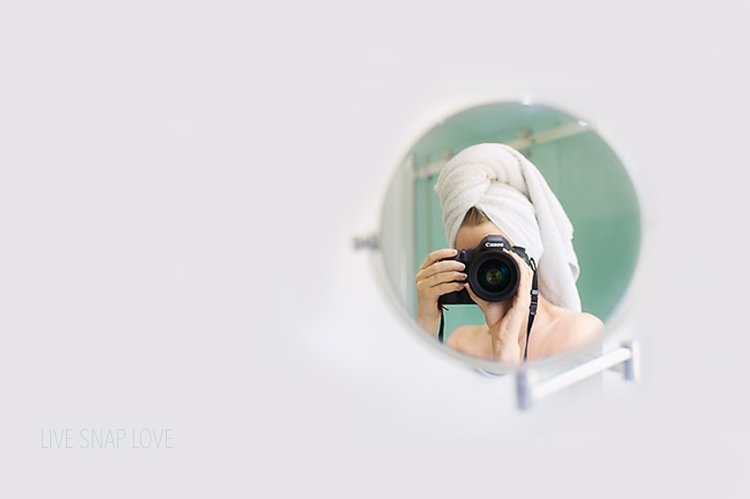5 Photography Composition Tips for More Interesting Photos
Even the most technically perfect image can seem a little "meh" if it doesn't have an interesting composition. Composition is simply how we can arrange the various elements in the scene to make an image more visually appealing, and the good news is, it can be simple to get right - its' just a case of knowing what to do and then remembering to do it!
In this post, I'm going to give you 5 photography composition "rules" that you can use to get more interesting images that will make your photos stand out from the crowd!
1) Leading Lines
Lines, such as diagonal, curves or S shaped lines, can add interest to your images simply by being there! However, they are particularly effective when they lead directly to your subject.
Try to position yourself and your subject in such a way so that the line leads directly to your subject. (If there is a line in your location, chances are you can create a leading line!) Your viewer's eye will follow this line, bringing their eye to the subject, and making the image seem more impactful.
Here's an example of an image with a leading line - the line on the right hand side of the frame leads you into the image, and direct to the subject.
And all that was required was a step to the right to make the line a leading one!
2) Framing
Framing your subject is a simply way to bring your viewers attention to your subject, but again, it also adds that little extra "oomph" to your images, because it looks so darn creative.
Using framing as your composition tool is simple to do - all you need to do is take elements or lines that are already in the frame, and use them to create a frame around your subject. You can use absolutely anything: doors, windows, mirrors, trees, bushes - anything that can go around your subject. (Want some concrete suggestions along with examples? Then check this post out with a creativity exercise for using framing as a composition tool)
3) Negative Space
Negative space is simply when you have an area of empty space around your subject. The image above has it (the example for framing - which just goes to show you can mix and match these composition tips too!) as does this image below.
Space that is considered negative is usually either a neutral or contrasting background that helps draws your eye to the main subject of your photograph - but anything that does not compete with the main subject for attention by being too ”cluttered” and gives the viewer’s eyes a chance to rest is negative space!
4) Rule of Thirds
The rule of thirds is one of the most basic “rules” of composition and rightly so - it can change an image from being bland and boring to something much more interesting!
To use the rule of thirds, simply imagine that the frame is divided into nine equal sections - three sections horizontally and three sections vertically. You should aim to have the important elements in your frame fall generally along those lines, and / or at the four points where they intersect, as marked on the image below.
5) The Golden Compositions
Already familiar with the rule of thirds and want to take it up a notch? Then you might want to try your hand at the Golden Compositions instead. The easiest one to use is the golden rectangle because it is oh so similar to the rule of thirds, but it has a slightly different layout. If you can't quite get your images to fit to the rule of thirds but you like that idea, you can use the golden rectangle instead.
The same principle as the rule of third applies here - you want to line up your frame so that you are putting important elements along the lines, or at the intersections.
Here's the same image as above, but this time with the golden rectangle rather than the rule of thirds.
There you have it! 5 Simple photography composition tips that will make your images look more interesting and dynamic, without too much stress and hard work on your part 😜















